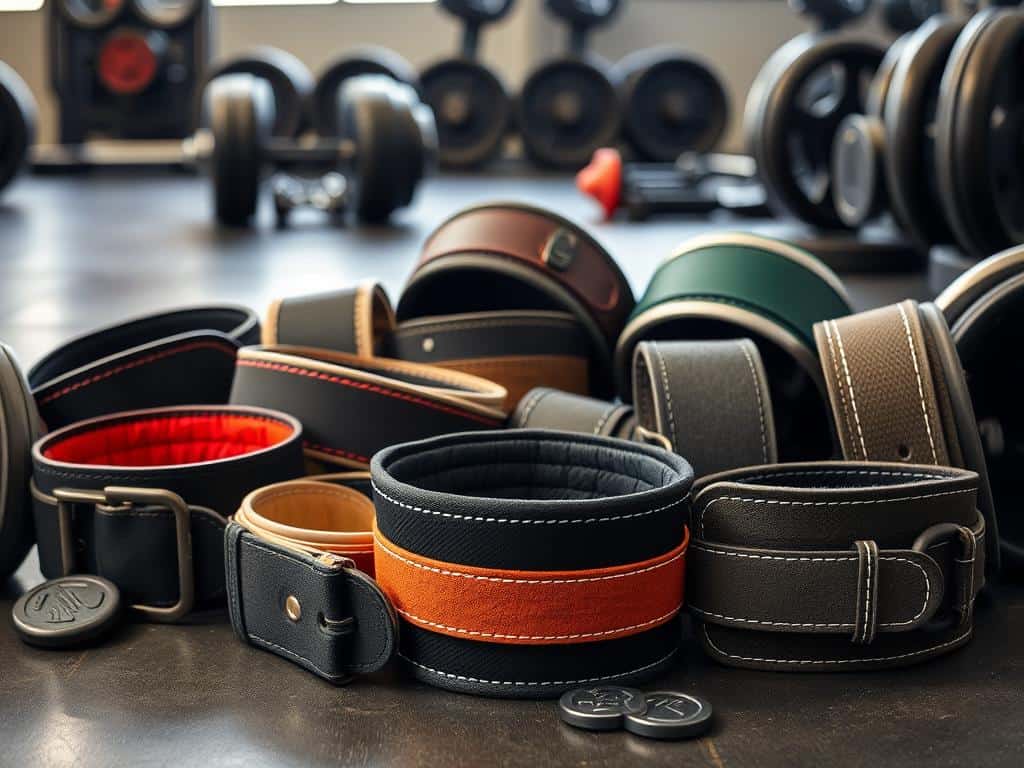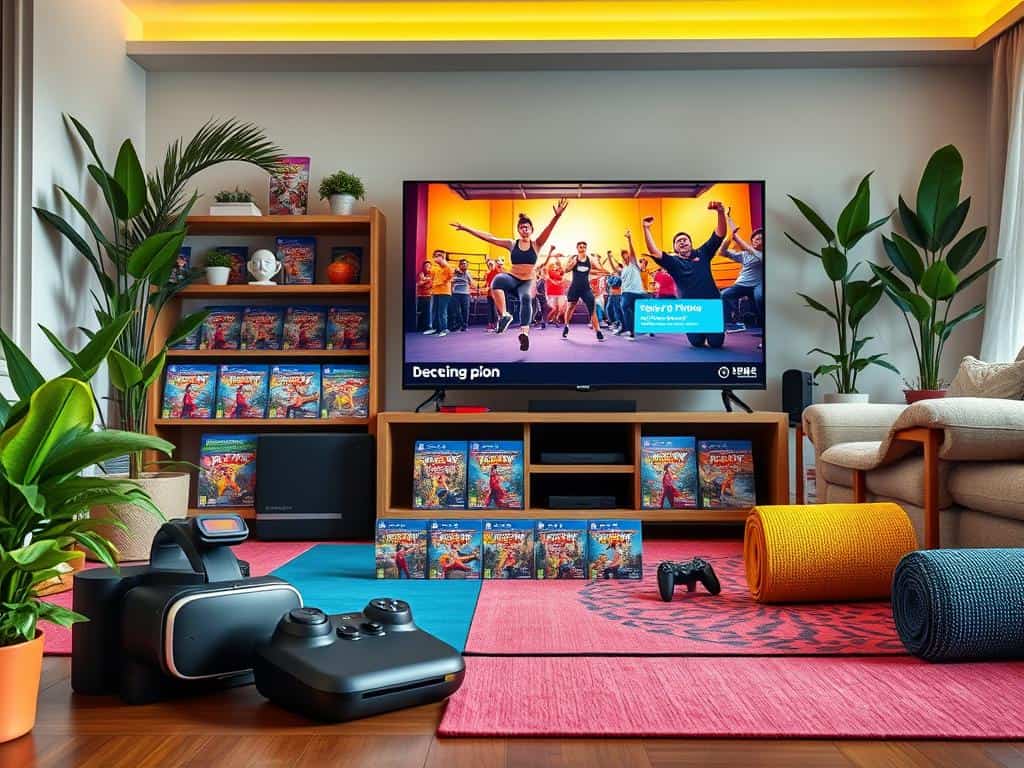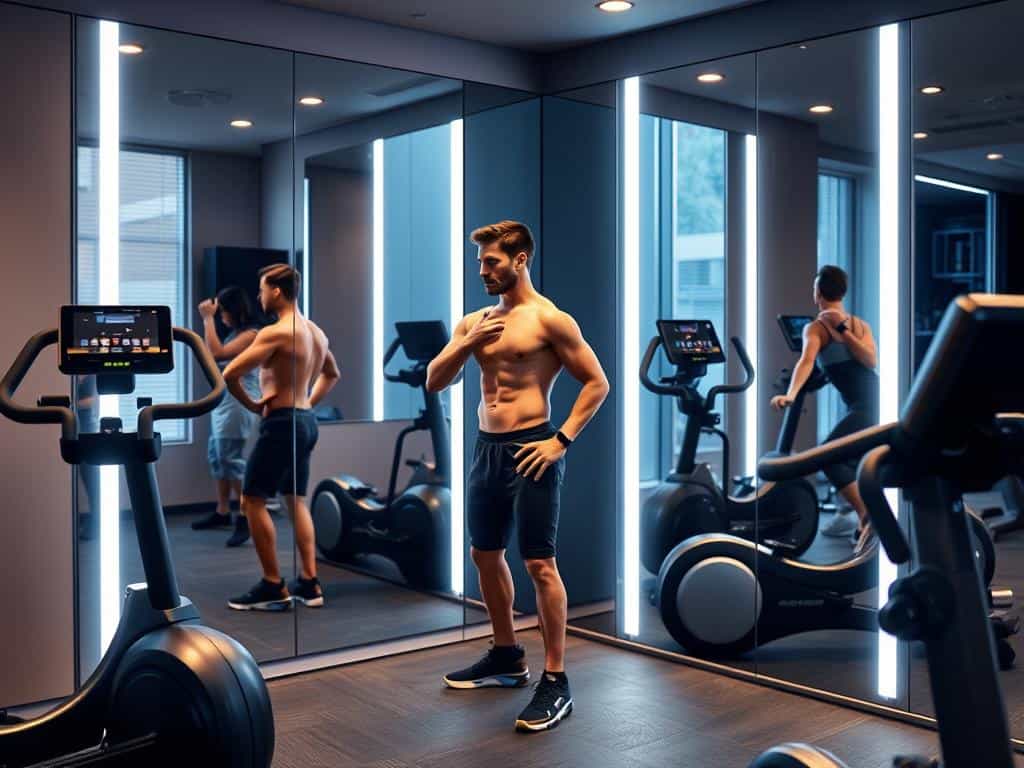Did you know that one in three adults in the US don’t get enough sleep daily? This fact is especially important for athletes who need good sleep to perform their best. Sleep trackers have become key for recovery, helping athletes like me improve our sleep. They give us insights into our sleep habits.
By monitoring sleep, I’ve learned how different things impact my performance. This knowledge lets me tweak my daily routine for better rest.
The Oura Ring Gen3 stands out among sleep trackers. It’s known for its precise sleep and heart rate data. I’ll discuss the importance of sleep for recovery and introduce five excellent sleep trackers. These tools can help any athlete boost their performance.
Key Takeaways
- Quality sleep is crucial for athletic recovery and performance.
- Oura Ring Gen3 leads the market with impressive accuracy and user satisfaction.
- Sleep trackers provide insights that can help manage sleep patterns effectively.
- Wearables and bedside devices are essential tools for optimizing recovery.
- Understanding sleep stages can advance overall athletic performance.
The Importance of Sleep for Athletic Recovery
Quality sleep is key for athletes looking to boost performance and recovery. Understanding sleep stages is crucial in using recovery tech to better sleep. Each stage, light, deep, and REM, has a unique role in restoring the body. Deep sleep, for instance, is vital for muscle repair. REM sleep, on the other hand, improves memory and cognitive functions.
Understanding Sleep Stages
For athletes, knowing about sleep stages is important. Light sleep prepares us for deeper rest, which is crucial for recovery. REM sleep, the deepest phase, enhances mental and emotional health. By understanding these stages, athletes can adjust their tech to get the best sleep possible.
Impact on Performance
Sleep has a big effect on how well athletes perform. Studies show that not getting enough sleep can lower performance and cognitive function. This is especially true in sports that need fast reactions and strength.
Athletes focusing on sleep quality will likely see better training and competition results. Good sleep helps with reaction times, strength, and endurance.

Top 5 Sleep Trackers for Athletes
For athletes looking to boost their recovery, finding the right sleep tracker is key. These devices offer insights into sleep quality, heart rate, and recovery. Let’s explore the top sleep trackers available.
Oura Ring Gen3
The Oura Ring Gen3 is a standout in wearable tech for its style and accurate sleep tracking. It measures sleep patterns, heart rate variability, and provides daily readiness scores. Accuracy is high, with studies showing a 79% match with clinical sleep tests, making it great for athletes focused on recovery.
Whoop 4.0
Whoop 4.0 is built for the actively engaged, offering deep recovery insights. It looks at sleep stages and quality to make personalized suggestions. With a Test Lab Score of 8.8/10, it’s a top pick for those serious about improving recovery.
Withings ScanWatch 2
The Withings ScanWatch 2 blends classic watch looks with the latest health tracking. At $350, it keeps tabs on sleep metrics and heart health. It works with Withings Health Mate app for detailed sleep analysis, appealing to athletes wanting thorough data.
Google Nest Hub 2nd Gen
The Google Nest Hub 2nd Gen combines affordability with functionality at just $79. Its sleep monitoring doesn’t require wearing anything. Also, its smart home connections help make an ideal sleep setting.
Muse S Gen 2 Headband
The Muse S Gen 2 Headband targets brain activity during sleep, priced at $400. Besides tracking sleep, it provides soundscapes and mindfulness tools for deeper rest. Its in-depth insights are valuable for athletic recovery and well-being.
Conclusion
As an athlete, good sleep is a key part of recovery. Quality sleep matters a lot. Devices that track sleep give useful insights. This helps me make better choices for my rest, boosting my performance.
Sleep trackers offer different benefits for various needs. Many people use these devices. Studies show about one-fourth of adults use them. A high number of users, 78%, find them helpful. Even more, 68% change their habits based on the data they get. This shows how important sleep tracking is for athletic recovery.
The technology behind these devices keeps getting better. They are a good, budget-friendly way to monitor sleep. They’re nearly as precise as research tools. This means I can rely on them to help reach my top athletic form. The data they provide guides me in improving my recovery efforts.


